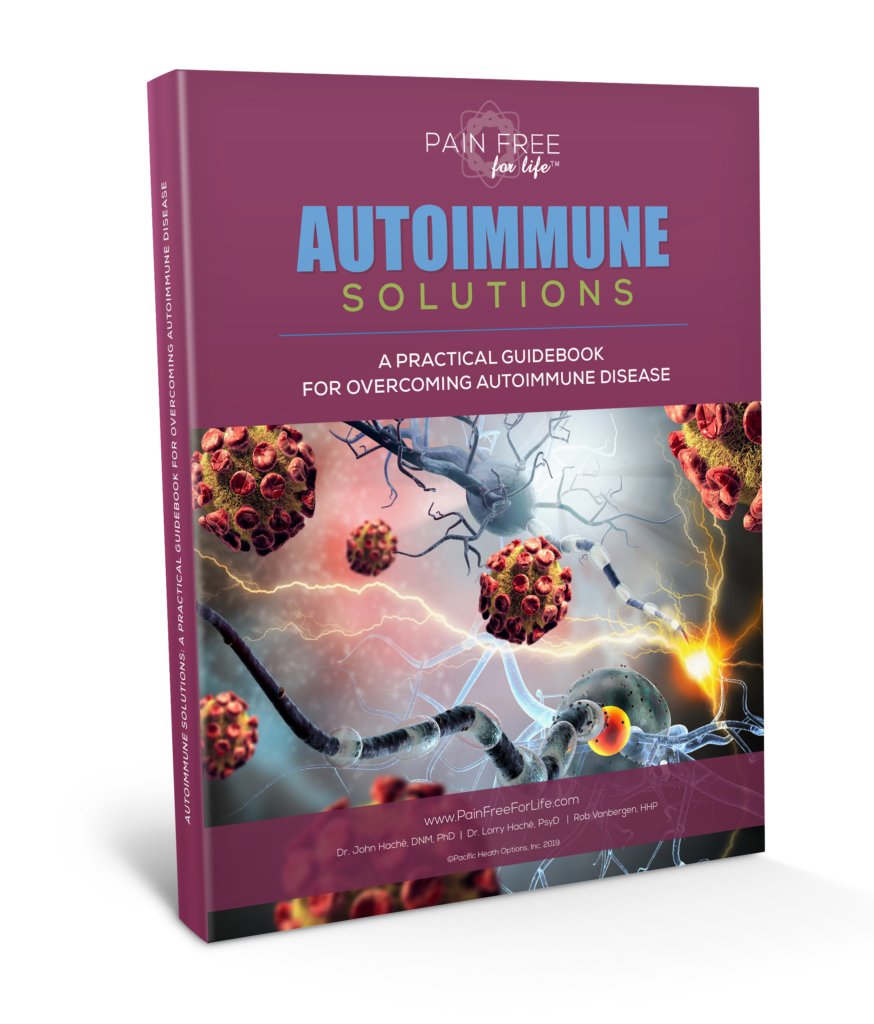
We all know that proper diet, exercise, sleep, and other lifestyle choices affect our health – sometimes profoundly. But until recently, there wasn’t much information on why they’re so important – especially for those of us with autoimmune disorders or other chronic conditions.
That’s changing. In recent years, new research in epigenetics is revealing fascinating insights into how the immune system really works. Let’s take a look!
What is Epigenetics?
Epigenetics is a branch of science that focuses on how lifestyle choices and other environmental factors influence which of your genes are active and which are dormant. We now know that environmental factors can affect gene expression, possibly even to the extent that it can be passed down to your children. This doesn’t mean your genetic code is changing. Instead, scientists believe that certain parts of the genetic code can be activated by environmental triggers as an adaptive response.
Epigenetic changes are normal and occur in nearly all organisms. They help species adapt and survive in a constantly changing environment. But sometimes, things go wrong. This can result in major negative health effects.
So what does this mean for us?
Genetics and Disease
Epigenetics is yet to be fully explored, so there’s a lot we don’t know yet. But we do know that certain environmental factors, including certain pesticides and other similar chemicals, can trigger immune-related disease. Many autoimmune diseases, along with cancer, a number of psychological and neurological disorders, and other types of illness have been linked to epigenetic causes.
Luckily, most of the effects of epigenetic change are thought to be reversible. Some potential triggers, such as air pollution, may be out of our control. But there are many things we can do to minimize the negative effects of epigenetic changes while increasing positive changes for healthy living. Here are a good few places to start:
- Limit your exposure to harsh chemicals. Household cleaners, insecticides, weed killers, cosmetics, and gas fumes contain substances that are harmful to health and can actually affect your body at the level of your DNA. Try switching to natural cleaners if you haven’t already, and wear a face mask if you live in an area with high air pollution.
- Sleep. Recent studies have shown that even one night of sleep loss results in epigenetic changes.
- Be aware of what you eat. Some crops are sprayed with pesticides or herbicides, leaving residue on the food. Always wash fresh produce before you eat, and buy organic if you can.
- Eliminate stress. There are many benefits to managing stress, but did you know that chronic stress may actually alter gene expression?
- Get some fresh air. Going outside each day is a good idea, but it’s also important that the air you’re breathing inside is fresh. Consider getting some houseplants to keep in your bedroom or whichever area you spend the most time. If the air circulation through your home is poor, try using fans to provide a constant stream of fresh air. Studies show that indoor air is actually more polluted than outdoor air, so if you spend a lot of time indoors, it’s worth the investment in a good air purifier to protect your entire family’s health (especially if you have kids or are planning to).
How Diet Affects Your Genes
Proper diet is so important for gene function that it’s earned its place as a subsection of epigenetics: nutrigenomics.
The more we learn about diet, the more complex it becomes. For example, vitamin deficiency has been linked to harmful epigenetic changes that can affect things such as birth defects and overall health. However, too much of nearly any nutrient can also cause harm.
Nutritional supplements are a great way to get any vitamins and minerals your diet doesn’t provide enough of. But it’s becoming increasingly evident that, while you don’t want to be deficient, too much may also have a negative health impact. For example, a diet with very high levels of folic acid can result in compromised ability to process folate, a necessary B vitamin. Nutritional testing may be helpful for you to figure out what supplements you actually need.
Not much is known yet about the links between nutrigenomics and autoimmune disease, but it’s clear that many of the things we eat have a direct effect on our gene expression – and health.
Practical Ways to Protect Your DNA
While epigenetics and nutrigenomics are fairly recent fields of study, what we’ve discovered so far emphasizes the importance of a proper diet and healthy lifestyle choices for everyone. In other words, you can leverage your lifestyle to become the master of your own genetic expression.
But sometimes it’s not that simple. As anyone dealing with autoimmune disease or chronic illness of any kind knows, maintaining a healthy lifestyle can be a struggle – especially on days when the pain is worse.
That’s why we’ve put together our latest report, Autoimmune Solutions. Based on the renowned Hache Protocol for Pain Resolution™, this report explores the 5 interactive elements we’ve found to be essential for resolving chronic pain naturally, without drugs or dangerous side effects. In it, you’ll find sleep tips, recipes, specific microcurrent protocols, and more – all about helping you live pain free with autoimmune illness.

Sources:
https://www.ncbi.nlm.nih.gov/pmc/articles/PMC1392256/
https://www.ncbi.nlm.nih.gov/pmc/articles/PMC6304253/
https://www.nih.gov/news-events/nih-research-matters/stress-hormone-causes-epigenetic-changes
https://www.ncbi.nlm.nih.gov/pmc/articles/PMC2137135/
https://www.ncbi.nlm.nih.gov/pmc/articles/PMC5075137/
https://www.ncbi.nlm.nih.gov/pmc/articles/PMC5075137/





